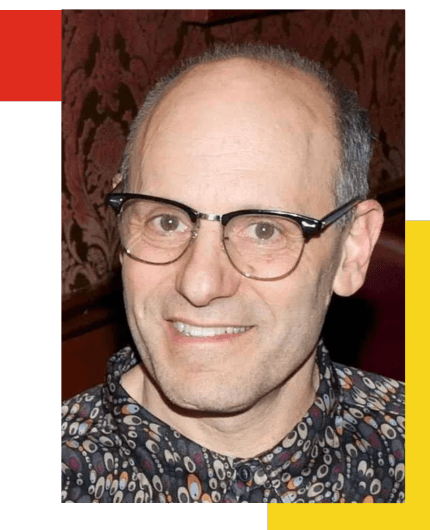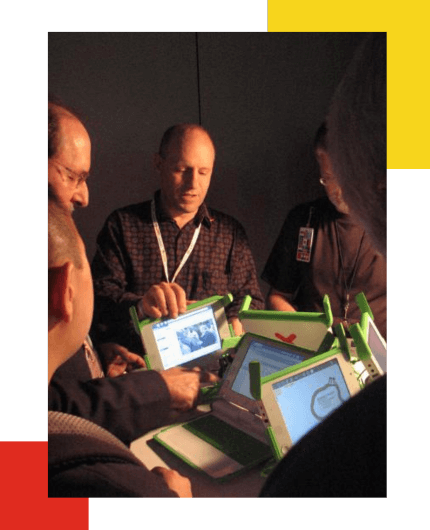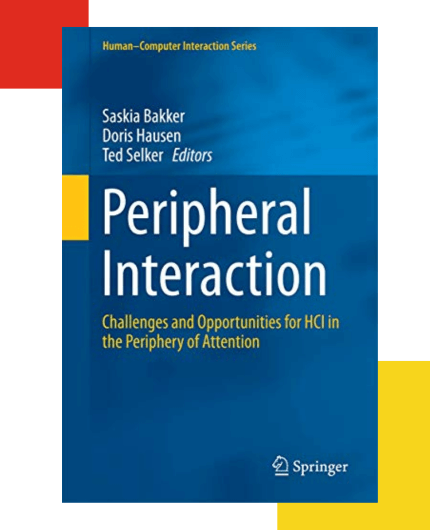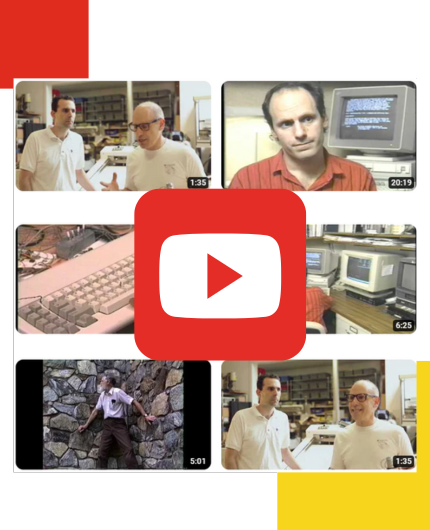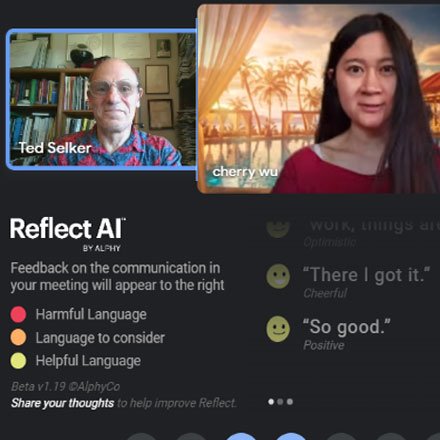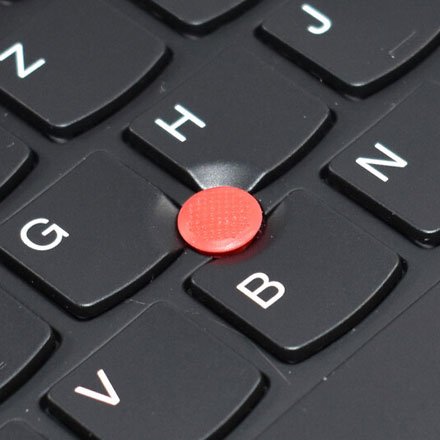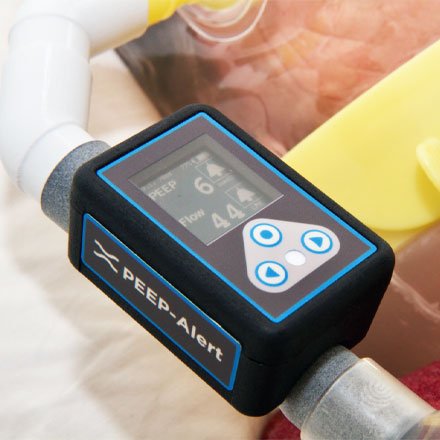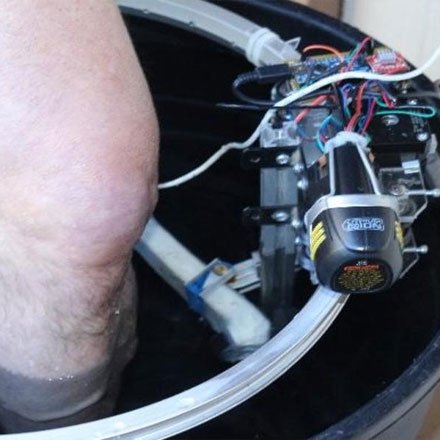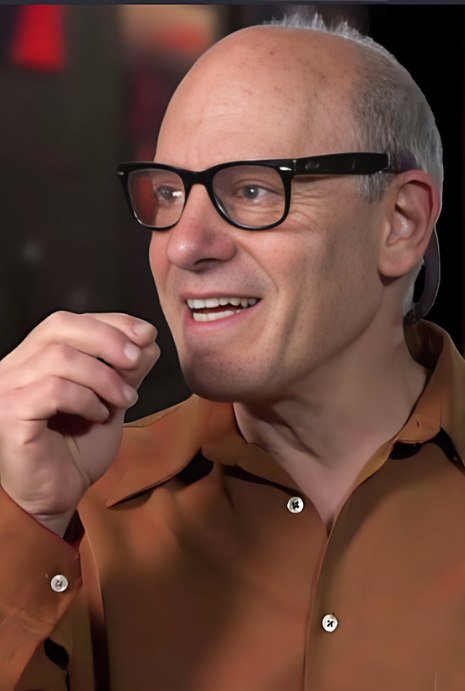Patents
Publications
TV, radio, and press stories
Invited lectures and seminars
About Ted Selker
His Career and Professional Life
Dr. Ted Selker spent 5 years as a distinguished Professor of Practice at CMU Silicon Valley, creating a PhD/research program and running the Considerate systems research program, He spent ten years as an associate professor at the MIT Media Lab, running the Context Aware Computing group, co-directed the Caltech/MIT Voting Technology Project, and directing the CI Design program. He spent 5 years as an Adjunct Professor at Stanford helping create the People, Computer and Design program. His work is noted for demonstrating how computers can help recognize and respect human intentions. Ted’s work takes the form of prototyping concept products supported by cognitive science research. Read More
His Personal Life
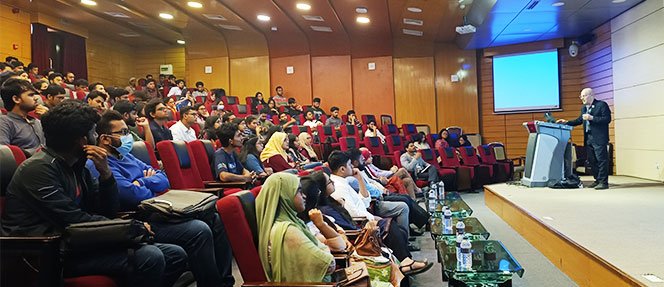
Invite Ted
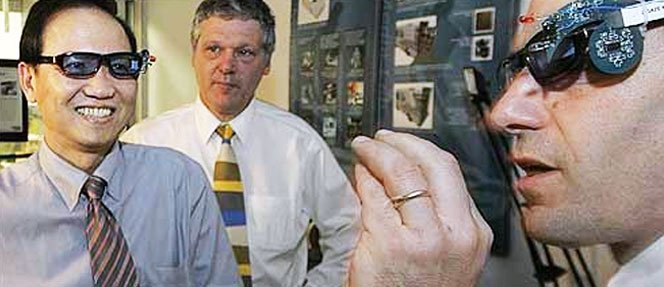
Collaborate with Ted
A Better Tomorrow
Invention and Innovation
“Invention is combining techniques to solve a longfelt unmet need. Fill your mind with ways to solve problems. Appreciate possible solutions. Appreciate contributions from wherever they come from. Make solutions happen.”

Artificial Intelligence

Considerate systems

Context aware systems

Peripheral computing

Future of the kitchen
Counter Intelligence explored every aspect of technology and food with demonstrations of a kitchen for example that could teach, entertain, save energy, self organize, reduce safety concerns. The project developed and tested improving systems for the food industry, restaurants, and even vending machines, and even a home dishmaker.
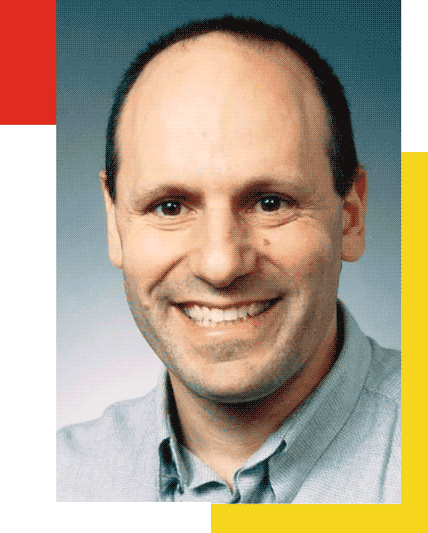
Ted’s Publications
Ted’s research has contributed to products ranging from notebook computers to operating systems. Ted has more than 200 publications in the context of User Experience, AI, Design, Creativity and input devices.
Refereed Publications
Dr. Ted Selker has around 100 refereed publications. Some of his referred publications cover research such as Peripheral interaction, Considerate sensor system, Smartphone can recognize stress- Induced hand tremor, Emotionally reactive television. His refereed publications are dated from 1982 to 2022.
Other Publications
Dr. Ted Selker has around 60 other publications which covers research such as Boardroom voting, Accessible voting, Canopy climb- A rope interface, Making a Usable In-Keyboard Pointing Device: The TrackPoint II Story, Psychology and Neurophysiology.
Ted's YouTube Videos
Watch Videos
FoldiMate POC Dec 2012
Creating New Knowledge
Research
Context-Aware Computing
Counter Intelligence
Record of Research Funding
Mit/Caltech Voting Project
Accessible Voting



A Great Passion For Adventure
Ted is an adventurous person who enjoys various outdoor activities such as skiing, hiking, cycling, kitesurfing, photography, and mountain climbing. He has a keen interest in exploring nature and challenging himself with different physical activities. Ted is always seeking new adventures and is not afraid to take risks.
When Ted is not participating in these thrilling outdoor activities, he likes to take a break by engaging in DIY projects. He is skilled in woodworking and likes to make furniture. Ted finds it satisfying to create something with his own hands, and it gives him a sense of accomplishment.
One of Ted’s favorite things to do in his free time is backpacking on mountains. He enjoys the peacefulness and solitude of the mountains and the opportunity to disconnect from the fast-paced world. Ted finds joy in the simplicity of backpacking, carrying only what he needs and relying on his own abilities to survive.

